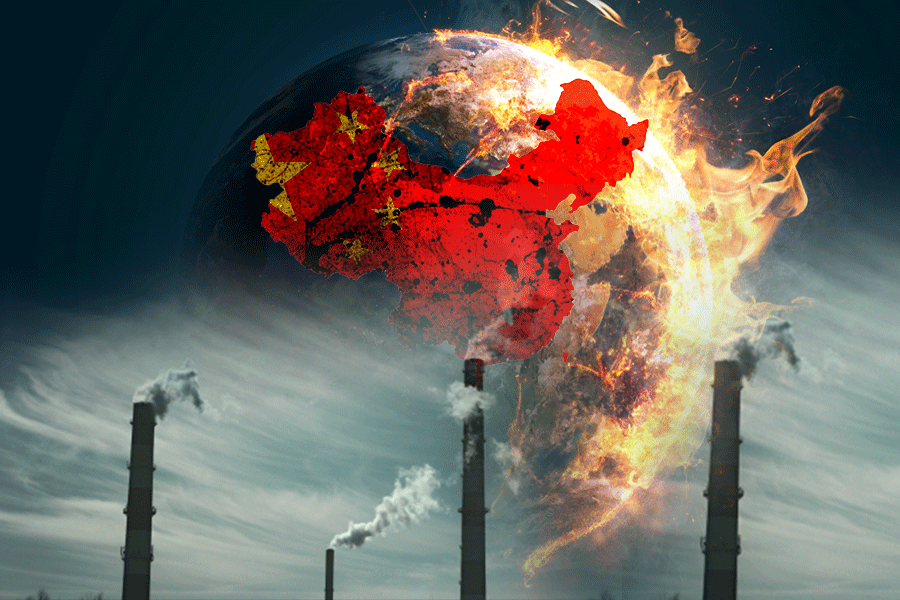- Courses
- GS Full Course 1 Year
- GS Full Course 2 Year
- GS Full Course 3 Year
- GS Full Course Till Selection
- Online Program
- GS Recorded Course
- NCERT (Recorded 500+ Hours)
- Polity Recorded Course
- Geography Recorded Course
- Economy Recorded Course
- AMAC Recorded Course
- Modern India, Post Independence & World History
- Environment Recoded Course
- Governance Recoded Course
- Science & Tech. Recoded Course
- International Relations and Internal Security Recorded Course
- Disaster Management Module Course
- Ethics Recoded Course
- Essay Recoded Course
- Current Affairs Recoded Course
- CSAT
- 5 LAYERED ARJUNA Mentorship
- Public Administration Optional
- ABOUT US
- OUR TOPPERS
- TEST SERIES
- FREE STUDY MATERIAL
- VIDEOS
- CONTACT US
Nitrous Oxide Emissions Grew 40% In 40 Years, China Largest Emitter
Nitrous Oxide Emissions Grew 40% In 40 Years, China Largest Emitter
17-06-2024

A new report by the Global Carbon Project reveals that planet-warming nitrous oxide (N2O) emissions have increased by 40 percent from 1980 to 2020, raising concerns about its environmental impact.
What is Nitrous Oxide?
- Properties:
- Nitrous oxide, also known as laughing gas or happy gas, is a colorless, odorless, and non-flammable gas.
- While not flammable, it supports combustion to the same extent as oxygen.
- It induces a state of euphoria, earning the nickname "laughing gas."
- It is soluble in water, with vapors heavier than air.
- Applications:
- Widely used as a sedative by dentists and medical professionals during minor procedures.
- Used as a propellant in food aerosols.
- Utilized in the automotive industry to enhance engine performance.
Key Findings of the Report:
- Importance:
- Nitrous oxide is the 3rd most significant greenhouse gas after carbon dioxide and methane.
- It is 273 times more potent than CO2 over 100 years.
- Global Warming:
- The increase in greenhouse gases, including N2O, has elevated the Earth's average surface temperature by 1.15 degrees Celsius compared to the 1850-1900 average.
- Anthropogenic nitrous oxide emissions contribute about 0.1 degrees of this warming.
- Emission Trends:
- Nitrous oxide emissions rose by 40 percent between 1980 and 2020.
- China, India, and the US are the top three emitters.
- Top Emitters:
- China, India, the US, Brazil, Russia, Pakistan, Australia, Indonesia, Turkey, and Canada make up the top 10 emitters.
- Sources:
- The major human sources of N2O are agriculture, industry, and the burning of forests or agricultural waste.
- Farming Practices:
- Around 74 percent of nitrous oxide emissions over the last decade originated from agricultural activities, notably the use of nitrogen fertilizers and animal manure.
- Atmospheric Concentrations:
- In 2022, nitrous oxide concentrations in the atmosphere surpassed predictions by the Intergovernmental Panel on Climate Change, reaching 336 parts per billion, 25 percent higher than the 1850-1900 levels.
Global Carbon Project:
- Established in 2001, the Global Carbon Project fosters collaboration within the international scientific community to create a shared knowledge base that supports climate change policy discussions and actions.
Must Check: Best IAS Coaching In Delhi



